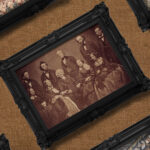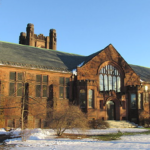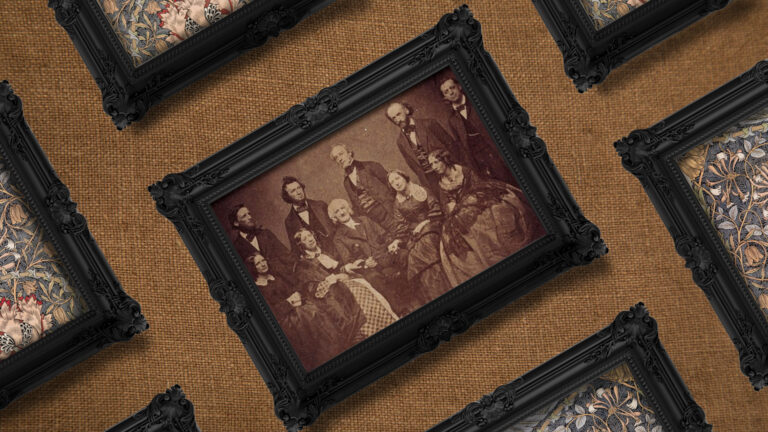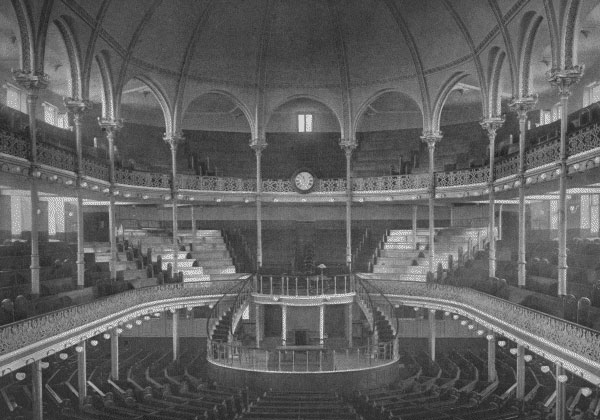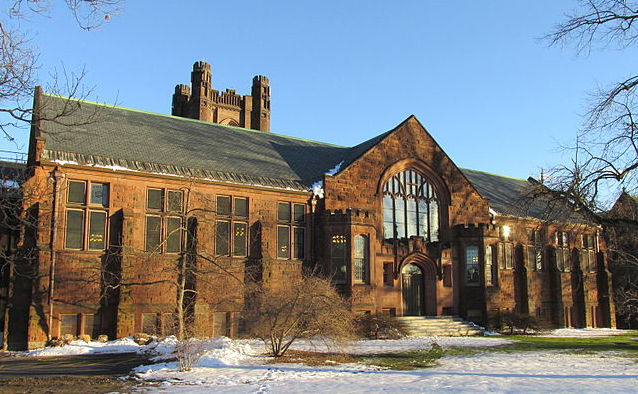The CBS show God Friended Me was recently renewed for a second season. The series revolves around a mysterious “God account” on Facebook that sends main character Miles Finer (Brandon Micheal Hall) friend suggestions for people the account wants Finer and his friend/love interest Cara Bloom (Violett Beane) to help.
Religion plays a central role in the show (see Brett McCracken’s TGC review) not only through the God account, but also because Finer is an atheist podcaster and the son of Episcopal priest Arthur Finer (Joe Morton) of Harlem. Arthur Finer’s daughter is also a lesbian. Finer is gay-affirming, but the show suggests that some in his diocese may be less than comfortable with a priest who has an atheist son and lesbian daughter. This is more of a mainline-specific show than a generically Christian or theistic one, such as Touched by an Angel. That mainline focus has presumably limited the appeal of God Friended Me for some potential viewers in the black church or in evangelical congregations.
The key to the show’s appeal really seems to be Miles and Cara’s budding relationship, as the actors Hall and Beane work fabulously well together. A lot of the religion content seems clunky, however. This is partly because I find it a bit forced to insist upon making the show’s black church be Episcopalian instead of one of the historic black denominations, whether African Methodist Episcopal (AME), National Baptist Convention, Church of God in Christ, or another.
The creators of God Friended Me readily admit that their choice of the Episcopal denomination was strategic—it gave them a denomination where the pastor was likely to be gay-affirming, which you would be less likely to get in the traditional African American denominations. Human Rights Campaign (a pro-LGBT advocacy organization), for example, laments that the African Methodist Episcopal Church “condemns same-sex relationships” and the ordination of homosexual clergy. One of the executive producers of God Friended Me told Religion News Service that the Episcopal Church worked better for them because it is “a little bit more acceptable to people outside of the faith, and that was sort of our approach—as a way of examining all faiths.” Kudos to the producers for at least knowing something about the American denominational landscape!
To be fair, a black-majority Episcopal congregation is hardly unusual. African Americans have a long history in the Episcopal Church, and the current presiding bishop of the denomination, Michael Curry, is African American. Curry catapulted to fame with his widely praised homily at the royal wedding of Prince Harry and Meaghan Markle in 2018. The Episcopal Church lists hundreds of black congregations, including Harlem’s historic St. Philip’s Episcopal Church, which was once attended by such African American luminaries such as W. E. B. Du Bois, Thurgood Marshall, and Langston Hughes.
Still, it is striking that the show decided to be specific about identifying the Reverend Finer’s denomination, and that it chose to avoid a historically black denomination. Given the storyline of the show, the producers needed the Reverend Finer to be a conventionally sympathetic character (which these days usually means gay-affirming), and to the producers, that required him to be part of a mainline denomination.
This is another example of how traditionalist Christian African Americans fit uneasily in our current cultural and political landscape. Human Rights Watch’s description of the AME moves abruptly from commending the AME’s legacy in the civil-rights movement to condemning its traditionalism on sexual issues. One would observe the same contrast in many (though certainly not all) majority-black churches. Substantial majorities of self-identifying black Protestants say they oppose homosexual marriage.
Movies and TV programs often seem comfortable only portraying “tolerant” pastors like the Reverend Finer, or mean and hypocritical traditionalists like the William Jennings Bryan-type character (Matthew Brady) in Inherit the Wind. How rare, and how precious, when we get a portrayal of a morally complex conservative pastor! (That’s why Robert Duvall’s The Apostle remains one of my all-time favorite movies.)
One could even imagine a portrayal of a traditionalist pastor struggling to know how best to love a child who has announced that he or she is gay or atheist (to the show’s credit, God Friended Me does show the Reverend Finer wrestling with Miles’s public atheism). Alas, such complex, sympathetic portraits of traditionalist believers are in short supply in today’s media environment.
Sign up here for the Thomas S. Kidd newsletter. It delivers unique content only to subscribers.








